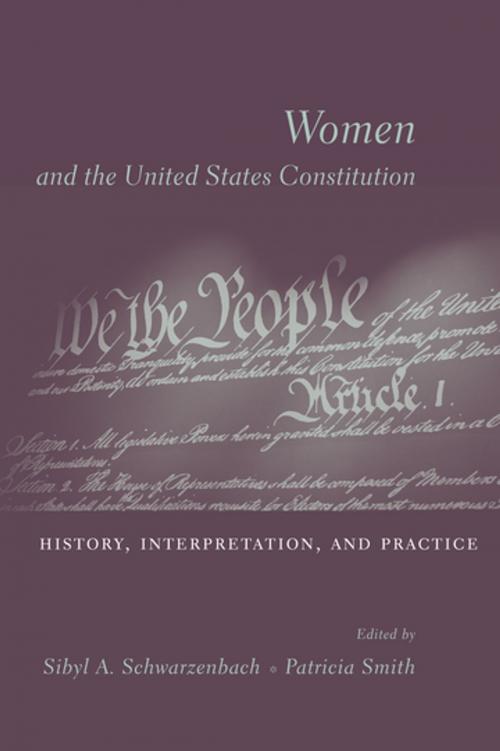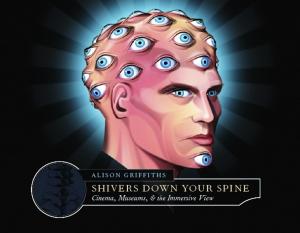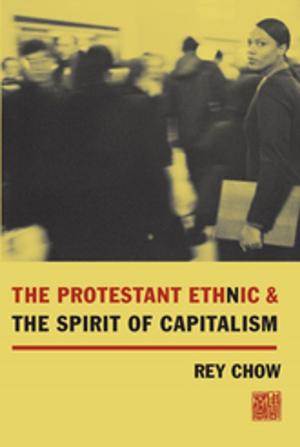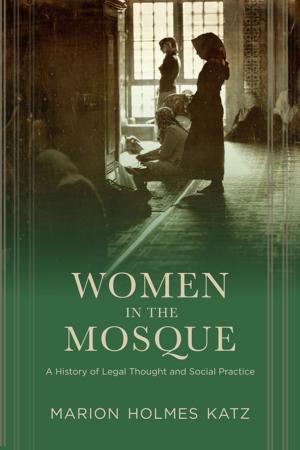Women and the U.S. Constitution
History, Interpretation, and Practice
Nonfiction, Social & Cultural Studies, Political Science, Government, History, Americas, United States| Author: | ISBN: | 9780231502962 | |
| Publisher: | Columbia University Press | Publication: | February 18, 2004 |
| Imprint: | Columbia University Press | Language: | English |
| Author: | |
| ISBN: | 9780231502962 |
| Publisher: | Columbia University Press |
| Publication: | February 18, 2004 |
| Imprint: | Columbia University Press |
| Language: | English |
Women and the U.S. Constitution is about much more than the nineteenth amendment. This provocative volume incorporates law, history, political theory, and philosophy to analyze the U.S. Constitution as a whole in relation to the rights and fate of women. Divided into three parts—History, Interpretation, and Practice—this book views the Constitution as a living document, struggling to free itself from the weight of a two-hundred-year-old past and capable of evolving to include women and their concerns.
Feminism lacks both a constitutional theory as well as a clearly defined theory of political legitimacy within the framework of democracy. The scholars included here take significant and crucial steps toward these theories. In addition to constitutional issues such as federalism, gender discrimination, basic rights, privacy, and abortion, Women and the U.S. Constitution explores other issues of central concern to contemporary women—areas that, strictly speaking, are not yet considered a part of constitutional law. Women's traditional labor and its unique character, and women and the welfare state, are two examples of topics treated here from the perspective of their potentially transformative role in the future development of constitutional law.
Women and the U.S. Constitution is about much more than the nineteenth amendment. This provocative volume incorporates law, history, political theory, and philosophy to analyze the U.S. Constitution as a whole in relation to the rights and fate of women. Divided into three parts—History, Interpretation, and Practice—this book views the Constitution as a living document, struggling to free itself from the weight of a two-hundred-year-old past and capable of evolving to include women and their concerns.
Feminism lacks both a constitutional theory as well as a clearly defined theory of political legitimacy within the framework of democracy. The scholars included here take significant and crucial steps toward these theories. In addition to constitutional issues such as federalism, gender discrimination, basic rights, privacy, and abortion, Women and the U.S. Constitution explores other issues of central concern to contemporary women—areas that, strictly speaking, are not yet considered a part of constitutional law. Women's traditional labor and its unique character, and women and the welfare state, are two examples of topics treated here from the perspective of their potentially transformative role in the future development of constitutional law.















